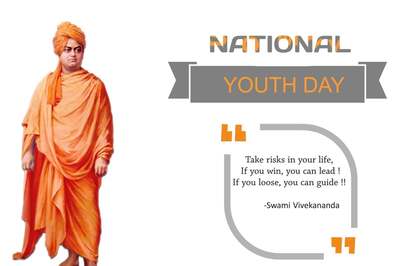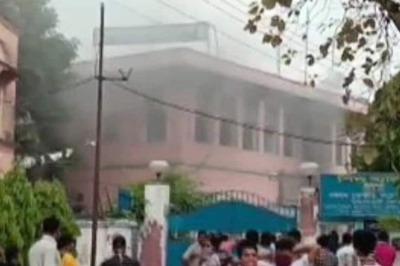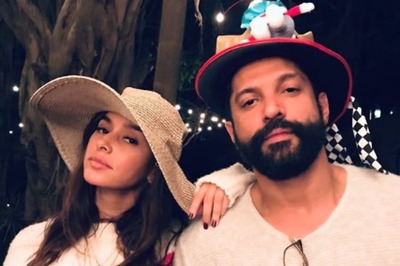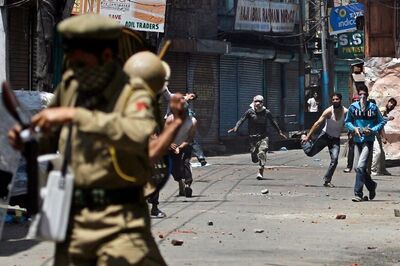
views
Once again it's the Supreme Court to the rescue. The highest court in the land has struck down the draconian Section 66A of the IT Act thereby rendering a huge boost to free speech online. Here's what the section says:
"Any person who sends, by means of a computer resource or a communication device, (a) any information that is grossly offensive or has menacing character; shall be punishable with imprisonment for a term which may extend to three years and with fine."
Here's the problem. Who defines what is 'grossly offensive'? It certainly can't be a havaldar in a local thana. It just puts too much power in the hands of people who don't entirely understand the internet or how it works. What makes it worse, is that it can be used simply as a beating stick. Just like it was in the case of the two young girls in Palghar, Maharashtra. Just to remind those of us who forgot. The post that landed Shaheen Dhada and Rhinu Srinivasan in trouble had nothing offensive or inflammatory. They were simply worried about the enforced shutdown in Maharashtra in the wake of Bal Thackeray's death. These were just a couple of school kids sharing what's on their mind with their friends online. The fact that they got trolled/it going viral was not in their control, neither was it their intent.
What is so curious and in a sense reprehensible is to see politicians of all stripes and hues now cowering in glory about how they believe in the virtues of free speech and how they were never in favour of 66 A. Sample this: Manish Tewari of the Congress: "Section 66 A was draconian, it had no place in the present day." And this is Sambit Patra of the BJP: "This government has always stood with freedom of expression on the internet." No matter what they say, both Mr Tewari and Mr Patra know that their brethren have used this law less for online control and more for stifling dissent. Mamata Banerjee has, so has Azam Khan and so have both NDA and UPA. Nothing unites the political class like using the law as a façade to crack down on critics.
Here's another thing remarkable about today's verdict. Just look at the eclectic array of petitioners. From a law student Shreya Singhal (atleast at the time she filed this back in 2013) to the People's Union for Civil Liberties (which has often fought on the behalf of Naxals) to an unabashed capitalist like Rajeev Chandrashekar. Today, all of them were on the same side of the fence. The side of freedom.
Governments all over the world are realising that the internet cannot be viewed under traditional frames of reference. And therefore it cannot be controlled or managed in a traditional way. The whole Arab Spring was a reminder that social media now has the power to transcend traditional instruments of state control. Realising this, governments in Turkey and China, just to give two examples, are now giving to their citizens a sanitised version of the internet. In China, the Great Firewall has literally created a 'mirror internet' where the government can monitor every single website that every single citizen visits. There's a whole army of engineers who monitor what's being shared on social media. Anything which has the potential of going viral is always checked and double-checked and if the content is even half-way controversial it gets taken down.
Today is another reminder why we should all feel grateful about the remarkable and independent judiciary that we have. And the same goes for all our institutions. Election Commission, Comptroller and Auditor General and of course, a free press. Thank God we are not China or Turkey.




















Comments
0 comment